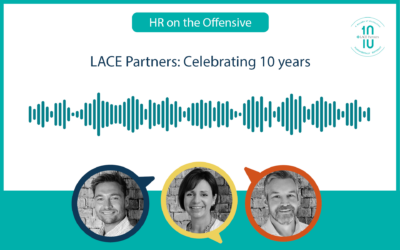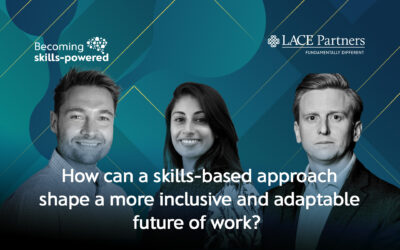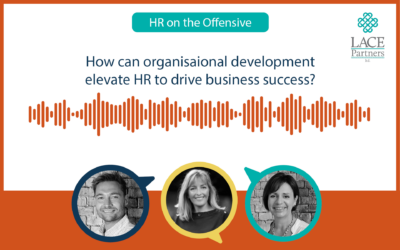‘The children now love luxury; they have bad manners, contempt for authority; they show disrespect for elders and love chatter in place of exercise. Children are now tyrants, not the servants of their households’. No, not a quote from the latest Piers Morgan or Katie Hopkins article in the Daily Mail, but from Socrates in 469–399 B.C. – could it be that our view of lazy, entitled young people isn’t such a recent perspective after all?
If you google ‘millennials are’ the top auto-completed suggestions are all negative. In fact, in the three variations I searched, of the 15 suggested responses only one, ‘why are millennials so important’, was semi-positive. When you search one of the top suggested responses, ‘millennials are lazy’, Google shows 671, 000 results. One of the most popular results was a Time Magazine cover from May 2013, entitled ‘Millennials: The Me Me Me Generation’, with the subtitle ‘Millennials are lazy, entitled narcissists who still live with their parents’. The image on the cover is a girl taking a selfie – so far, so clichéd. The author, Joel Stein, is (surprise surprise) not a millennial. This supports a trend amongst much popular writing about millennials – it’s just not written by millennials.
But is this view of the ‘special snowflake’ generation fair? Haven’t young people always been self-obsessed? This is what Elspeth Reeve thinks, saying in her article, ‘Every Every Every Generation Has Been the Me Me Me Generation’: ‘it’s not that people born after 1980 are narcissists, it’s that young people are narcissists, and they get over themselves as they get older’. Research undertaken about millennials by KPMG agrees that it’s not just today’s young people who are self-obsessed selfie lovers, but that: ‘the 1970s were dubbed the “Me decade”, [and] as long ago as 1907, The Atlantic magazine complained about the “worship of the brazen calf of the Self” that was afflicting society’.
So, all young people, not just millennials, are self-absorbed. But what can millennials actually offer? How do they add value in the workplace? Well, we’re more likely to be highly educated; we’re socially conscious – 63% of millennials expect their employer to contribute to a social cause; and we’re tolerant of racial, sexual and religious diversity – millennials are the generation most likely to be in support of gay marriage. Having grown up during the fourth industrial revolution we’re ‘digital natives’ – technologically adept and used to using technology to solve our problems. We’re entrepreneurial – 72% of teenagers want to start their own business in the future; and we never stop learning – the opportunity to master new skills at work is important.
We have several millennials from across the globe in the team at LACE, and the fundamentally different and flexible way we work enables us to maximise our potential and get the most out of everything. Having millennials on the team at LACE has made a positive impact – including a millennial perspective on the leadership team brings a different angle to decision making. Millennials at LACE have brought about our biggest organisational change yet – the acquisition of our office! This is no surprise as research has shown that millennials work well in teams and prefer open communication with supervisors. It is interesting to think about how the millennials in LACE, and in the workforce as a whole, will change our working environment – by 2020, millennials will account for a staggering 50% of the UK workforce. This means more socially conscious, tech-savvy workers keen to learn and develop. I for one think that change can only be positive.
Kathryn Evans, LACE Associate






